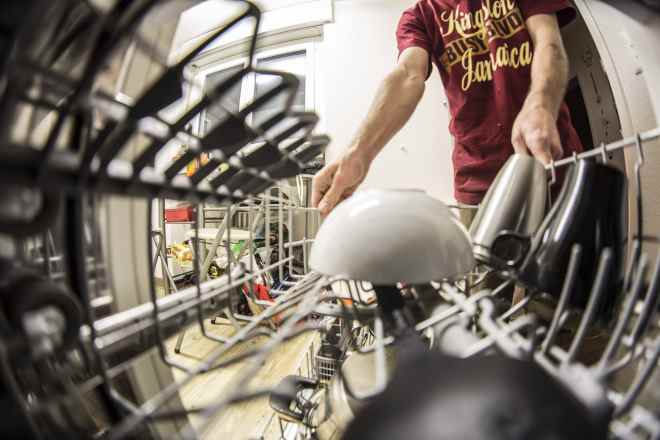Strengthening Business Agility Through Flexible Manufacturing Systems
In an increasingly volatile and unpredictable global marketplace, businesses require agility to adapt and succeed. One innovative strategy that has emerged to meet this demand is the adoption of Flexible Manufacturing Systems (FMS). By offering businesses the ability to quickly adjust operations in response to market changes, FMS promises to be a game-changer in the industrial sector.

An Overview of Flexible Manufacturing Systems
Flexible Manufacturing Systems originated in the late 1960s as a response to the rapid changes in consumer demands. FMS is a manufacturing system that has the ability to adapt to changes in the type and quantity of the product being manufactured. This system integrates various types of computer-controlled machines and material handling systems, which are governed by a central computer.
FMS can handle various tasks simultaneously, such as processing and assembly, which can significantly reduce production time. It can also accommodate a range of product variations, allowing businesses to adapt to the changing demands of the market.
The Rise of FMS in Today’s Business Environment
With today’s fast-paced and highly competitive business environment, FMS has seen a resurgence in popularity. The ability to swiftly change production lines to meet market demands is crucial for businesses to remain competitive. Businesses that have adopted FMS have reported increased productivity, reduced waste, and improved responsiveness to market changes.
One notable example of a company that has benefited from FMS is Toyota. The automotive giant has long been a proponent of flexible manufacturing, which has allowed them to quickly switch between different car models on the same production line, reducing downtime and increasing efficiency.
The Impact of FMS: Opportunities and Challenges
While FMS offers many benefits, it also comes with its own set of challenges. For instance, implementing a flexible manufacturing system requires a significant initial investment, which may not be feasible for all businesses. Additionally, the complexity of FMS requires skilled workers and ongoing training, which can also be costly.
However, the long-term benefits of FMS can outweigh these initial challenges. Companies that have successfully implemented FMS have seen significant improvements in efficiency, productivity, and customer satisfaction.
Leveraging FMS: Key Considerations
To reap the benefits of FMS, businesses should consider the following:
-
Developing a clear understanding of their manufacturing needs and capabilities.
-
Considering the costs and potential return on investment.
-
Ensuring they have the necessary skilled workforce and training programs.
-
Regularly reviewing and updating their FMS to keep up with technological advancements.
In conclusion, Flexible Manufacturing Systems offer a promising solution for businesses seeking to increase their agility and responsiveness in the ever-changing market. While the implementation of FMS can pose challenges, the potential benefits make it a worthwhile investment for businesses committed to staying competitive in the modern industrial landscape. Whether it’s boosting productivity, reducing waste, or improving customer satisfaction, the positive impact of FMS on business operations is undeniable.




